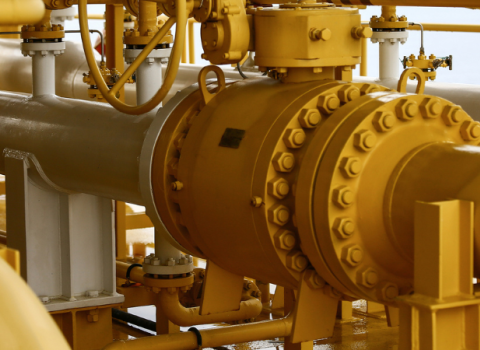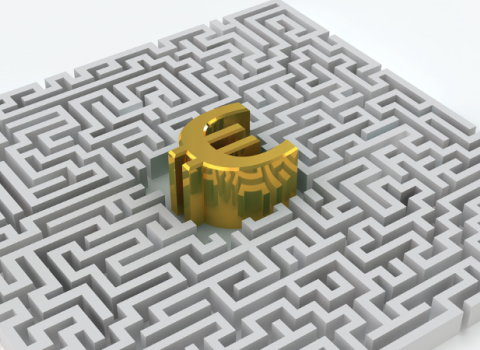Over 150 scientists have put their names forward to join the EU’s new science advice panel, the Commissioner for Research Carlos Moedas said this week.
Moedas announced the new Scientific Advice Mechanism (SAM), a seven-member panel of experts to oversee the process of how the Commission gets scientific advice on controversial issues like shale gas or genetically modified organisms, in May.
He enlisted a three-person team, headed by the UK special representative for climate change, David King, to help pick the final panel. King and two others, the chair of the Dutch Royal Academy of Sciences Rianne Letschert and former Justice Commissioner António Vitorino, will filter the submissions and propose a shortlist to Moedas by the end of October.
“It is my firm intention that the group will be launched and have its first meeting before the end of the year,” Moedas said.
Speaking at the launch of the ‘MEP-scientist pairing scheme’, in which up to 60 scientists will shadow members of the European Parliament in an effort to increase mutual understanding and trust, the Commissioner provided a fresh rationale for why the new panel was needed.
It is not that the Commission is short of science advice, he said. “In fact, we have an abundance of it. The issue is that when we come to make important policy decisions based on scientific evidence, we need independent scientific advice.”
“Independent advice means that it cannot come from inside the Commission. [SAM] does not replace in-house scientific support, it complements it,” said Moedas.
The new panel will not try to “replicate or duplicate” the work of the Commission’s Joint Research Centre (JRC), which provides scientific expertise to support EU policy development. Rather, the panel will be selective in its focus, avoiding overlaps with the JRC’s varied skillset, where scientists look at everything from disaster forecasting and assessment, to monitoring the way farmers grow their crops.
Moedas went on to say the panel will be called to gather evidence for short-term issues that require rapid advice, for example, related to the outbreak of a disease such as Ebola, but also relating to longer term policy issues, such as food security and protein shortage.
“Policy makers need to be able to say where they will need independent scientific advice well in advance. This is not something [they] are good at. SAM should help with this,” he said.
The new panel is also a way of shutting the lid on political infighting in Brussels over who should provide science advice to the Commission. The problem crops up repeatedly in arguments over genetically modified organisms, stem cell research, shale gas and other issues where opponents accuse each other of distorting the scientific facts to argue their point – and then accuse the Commission of listening to the wrong scientists when making its decisions.
Things came to a head last year, when Anne Glover, the EU’s ex-chief science adviser, was accused by environmental activists of being cosy with pro-GMO companies. She denied it; but the new Commission president, Jean-Claude Juncker, apparently decided it was a political fuss he did not want to run and run, and he did not renew Glover’s mandate or maintain the post of chief science adviser.





 A unique international forum for public research organisations and companies to connect their external engagement with strategic interests around their R&D system.
A unique international forum for public research organisations and companies to connect their external engagement with strategic interests around their R&D system.